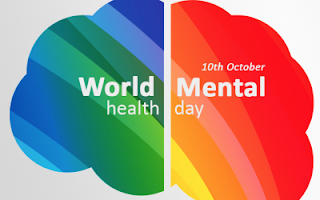- When terrible things happen, we want to reach out a helping hand to those who have been affected. Psychological First Aid (PFA) is a humane, supportive and practical response to people suffering exposure to serious stressors and who may need support. It is an approach to help people recover by responding to their basic needs and showing them concern and care, in a way that respects their wishes, culture, dignity and capabilities.
- giving non-intrusive, practical care and support
- assessing people’s needs and concerns
- helping people address basic needs (food, water)
- listening, but not pressuring, people to talk
- comforting people and helping them to feel calm
- helping people connect to information, services and social support
- protecting people from further harm
- Perhaps you are called upon as a staff member or volunteer to help in a major disaster, or you find yourself at the scene of an accident where people are hurt. You may be a health worker helping someone who has been the victim of violence, or you may be a teacher, firefighter, police officer or emergency medical technician. Learning about PFA will help you to know the most supportive things to say and do for people who are very distressed. It will also give you information on how to approach a new situation safely for yourself and others, and not to cause harm by your actions.
Who can benefit from PFA?
- Although many people cope well enough in crisis situations, others may feel overwhelmed, confused, fearful, sad,
angry or numb. PFA may be helpful for people who feel emotionally distressed after a crisis event. However, some people may need specialized help, such as those in need of emergency medical care or with very serious emotional reactions such as being disoriented or unable to care for themselves. If you are providing PFA, know your limits! If possible, refer people in need of specialized help, to, for example, a health-care professional or psychologist.




